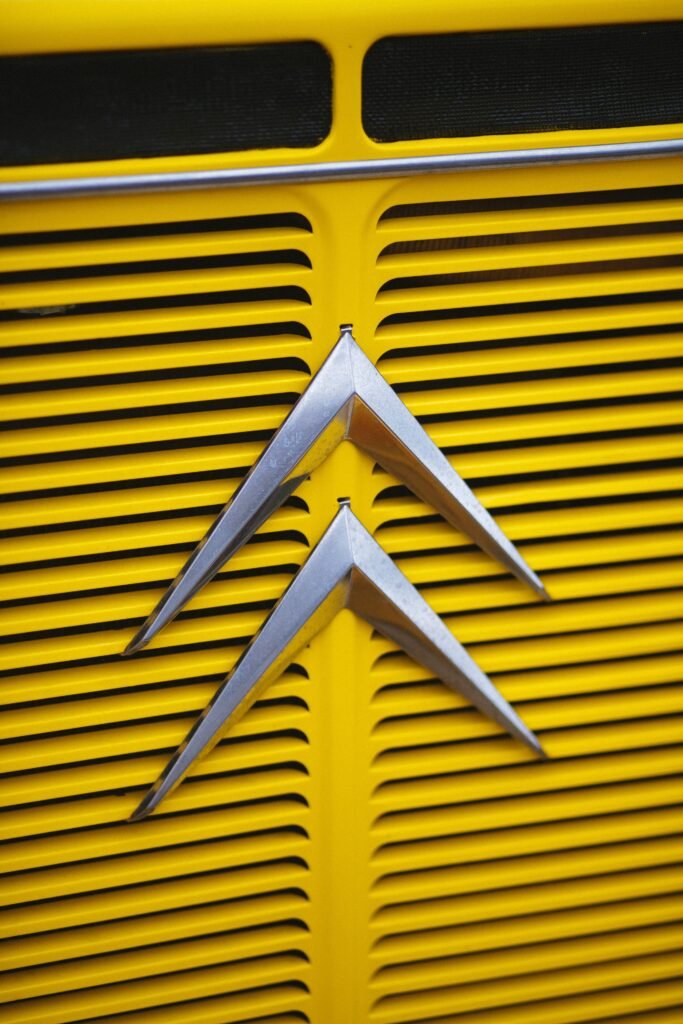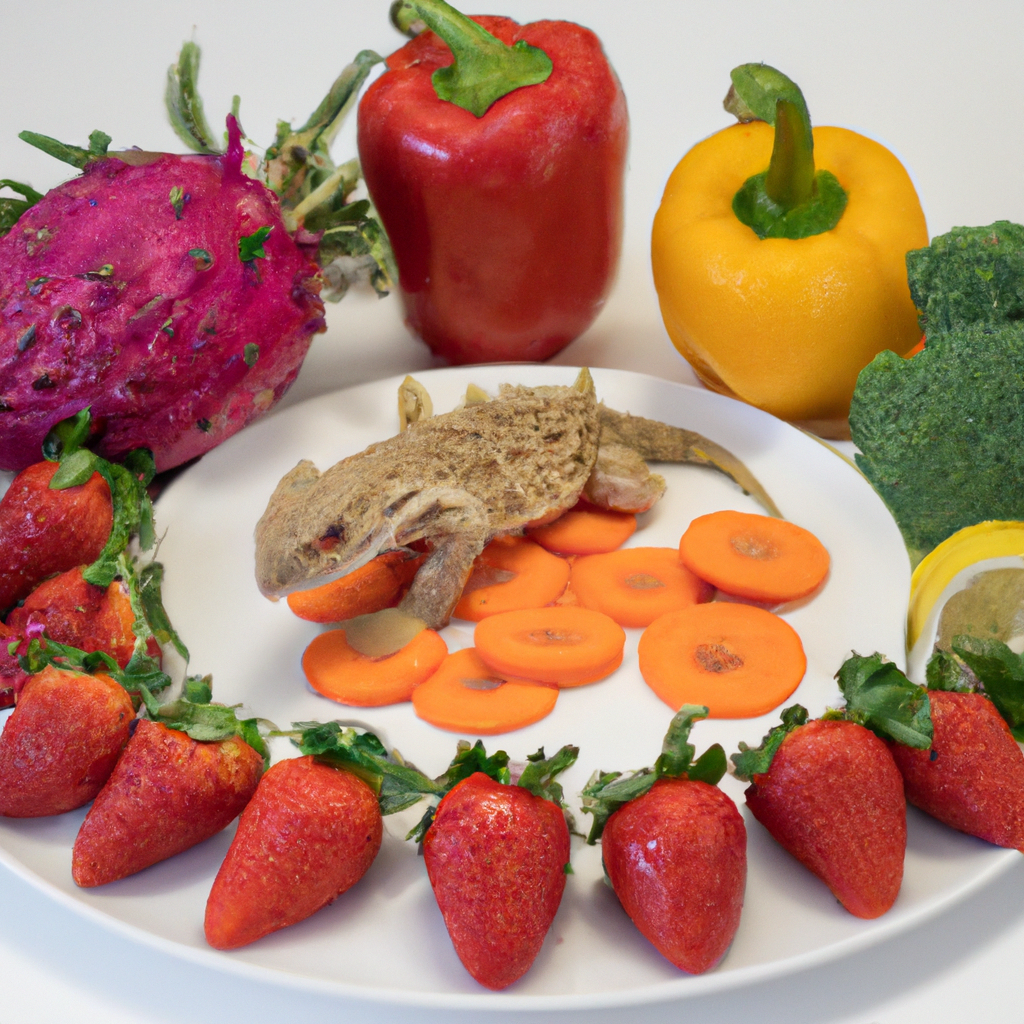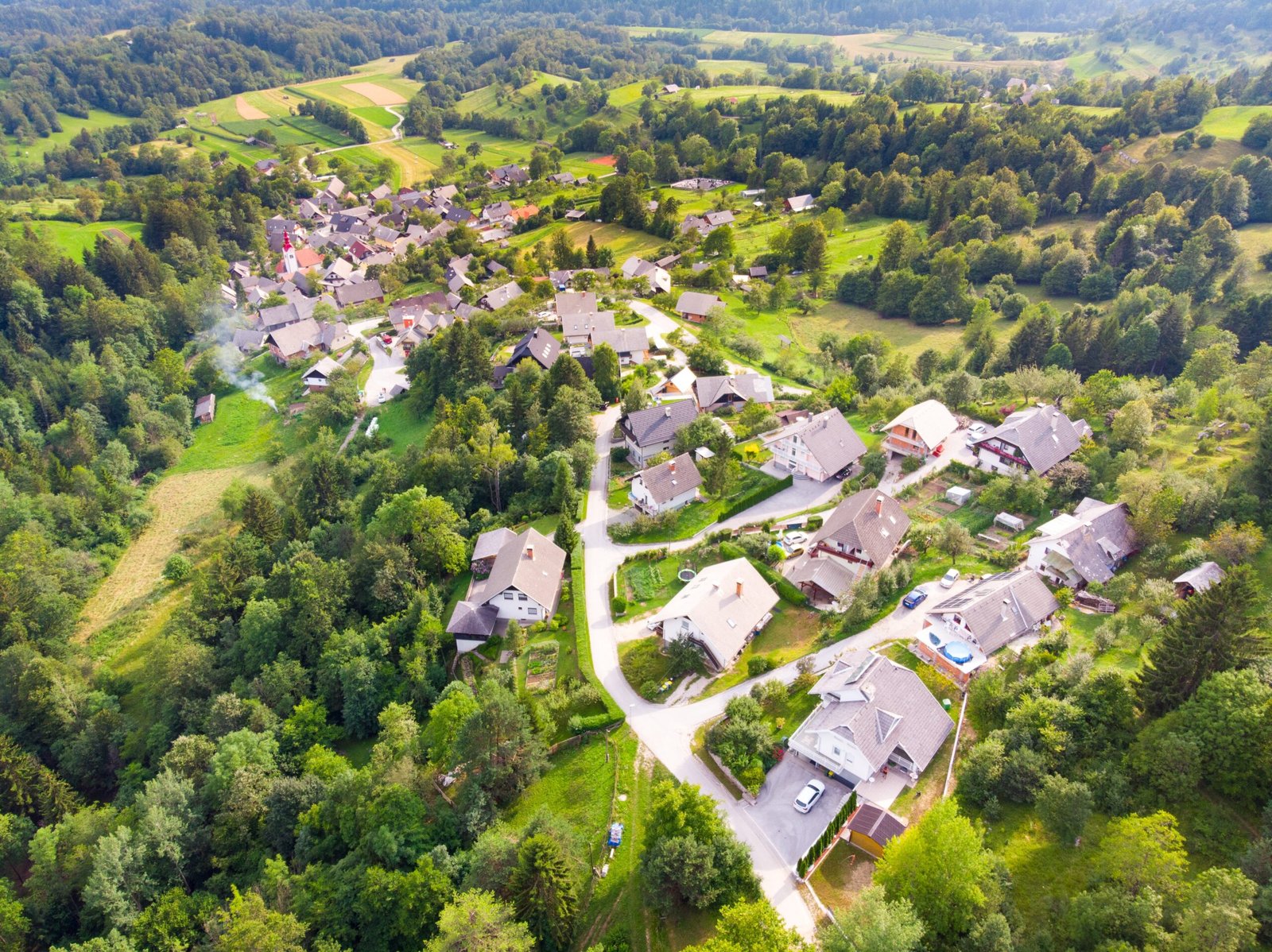Have you ever wondered what the ideal diet is for bearded dragons? Look no further! In this article, you will discover everything you need to know about the feeding habits and nutritional requirements of These amazing reptiles. Whether you’re a new reptile owner or simply looking to enhance your knowledge, we’ve got you covered. From the types of insects and vegetables they should eat to the importance of calcium supplementation, you’ll find all the information you need to keep your bearded dragon healthy and happy. So, get ready to become an expert in bearded dragon nutrition!

Overview of Bearded Dragons
Bearded dragons are fascinating reptiles that make great pets. One of the most important aspects of caring for a bearded dragon is providing them with a proper diet. a well-balanced and nutritious diet is crucial for their overall health and well-being. In this article, we will discuss the natural diet of bearded dragons, commercial diets available, feeding schedules, how to prepare live insects, safe options for fruits and vegetables, the importance of supplements and vitamins, maintaining hydration, and how to monitor eating habits.
Natural Diet
Bearded dragons are omnivores, meaning they eat both insects and vegetation. Providing them with a variety of food options is essential to replicate their natural diet.
Insects and Invertebrates
In the wild, bearded dragons primarily feed on insects and invertebrates. These include crickets, mealworms, waxworms, and roaches. Insects should be sourced from reputable suppliers to ensure they are healthy and free from pesticides.
Fruits and Vegetables
Bearded dragons also consume a variety of fruits and vegetables. Some safe options include leafy greens like kale, collard greens, and mustard greens. Other suitable options are bell peppers, carrots, squash, and zucchini. It is important to thoroughly wash and remove any pesticides from the produce before feeding.
Flowers and Plants
In their natural habitat, bearded dragons may also consume flowers and plants. However, it is essential to ensure that any flowers or plants offered are non-toxic and safe for them to eat. Research should be done prior to introducing any new plants into their diet to prevent any potential harm.
Commercial Diets
While a balanced diet consisting of live insects and fresh produce is essential, Commercial diets can also be used to supplement their nutrition.
Pellet-based Diets
Pellet-based diets specifically formulated for bearded dragons are available in the market. These pellets provide a mix of vitamins, minerals, and protein. However, it is important to note that commercial pellets should not be the sole source of nutrition and should be supplemented with live insects and fresh produce.
Pre-packaged Foods
Pre-packaged foods designed for bearded dragons are another option to consider. These foods are typically a combination of dehydrated or freeze-dried fruits, vegetables, and insects. While convenient, they should be used as a supplement to a varied diet and not as the primary source of nutrition.
Supplements
To ensure that your bearded dragon receives all the necessary nutrients, supplements can be added to their diet. These supplements usually come in the form of powders and are rich in calcium, vitamins, and minerals. It is important to follow the recommended dosage when using supplements.
Feeding Schedule
Establishing a proper feeding schedule is essential to maintain good health and weight management for your bearded dragon.
Frequency of Feeding
juvenile bearded dragons require more frequent feedings compared to adult dragons. For juveniles, feed them twice a day, offering a variety of insects and vegetables. Adult dragons can be fed once a day, with a balanced mix of insects, vegetables, and pellets or pre-packaged foods.
Portion Size
The portion size for your bearded dragon will depend on its age, size, and activity level. For young dragons, feed them as much as they can consume within 10 to 15 minutes. Adult dragons can be fed a portion that is about the size of their head.
Feeding Techniques
To ensure that your bearded dragon consumes its food properly, you can use feeding techniques such as hand-feeding or offering food with feeding tongs. This helps in making feeding time an interactive and engaging experience for both you and your pet.

Preparing Live Insects
Live insects are a vital part of a bearded dragon’s diet, and it is important to properly prepare them before offering them to your pet.
Gut-loading
Gut-loading is the process of feeding insects with nutritious foods before offering them to your bearded dragon. This ensures that the insects are packed with essential nutrients. Common gut-loading foods include leafy greens, vegetables, and commercial gut-loading products.
Dusting with Calcium and Vitamins
Before feeding live insects, it is important to dust them with calcium and vitamin supplements. This provides your bearded dragon with additional nutrients that may be lacking in their diet. Calcium powder should be used at every feeding, while vitamin supplements can be used a few times a week.
Avoiding Toxic Insects
Not all insects are safe for your bearded dragon to consume. It is crucial to avoid toxic insects such as fireflies, bees, and wasps, as they can be harmful or even fatal to your pet. Always research and check the safety of insects before feeding them to your bearded dragon.
Fruits and Vegetables for Bearded Dragons
Including a variety of fruits and vegetables in your bearded dragon’s diet is important for their overall health and well-being.
Safe Fruit Options
Some safe fruit options for bearded dragons include strawberries, blueberries, raspberries, papaya, and melons. It is important to remove any seeds or pits before feeding fruits to your pet, as these can be a choking hazard.
Safe Vegetable Options
A wide range of vegetables can be included in your bearded dragon’s diet. Safe options include kale, collard greens, mustard greens, Swiss chard, bell peppers, carrots, squash, and zucchini. Always ensure that the vegetables are thoroughly washed to remove any dirt or pesticides.
Avoiding Harmful Foods
Certain foods should be avoided as they can be harmful to bearded dragons. These include avocado, rhubarb, chocolate, and any food that is high in fat, salt, or sugar. It is important to research and educate yourself on harmful foods to prevent any potential health issues.

Supplements and Vitamins
Supplements and vitamins play a crucial role in ensuring your bearded dragon’s health and well-being.
Calcium Supplements
Calcium supplements are essential for maintaining proper bone health and preventing metabolic bone disease in bearded dragons. Calcium powder can be dusted on insects, vegetables, or mixed with water and offered separately to ensure adequate calcium intake.
Multivitamin Supplements
Multivitamin supplements provide additional vitamins and minerals that may be lacking in your bearded dragon’s diet. These supplements should be used a few times a week and should contain a blend of essential vitamins such as vitamin A, vitamin D3, and vitamin E.
Vitamin D3
Bearded dragons require adequate sunlight or UVB lighting to synthesize vitamin D3, which is crucial for calcium absorption. If your bearded dragon does not have access to natural sunlight, it is important to provide them with a UVB light source to prevent vitamin D3 deficiency.
Water and Hydration
Ensuring proper hydration is vital for the health of your bearded dragon.
Providing a Water Bowl
Always provide a shallow water bowl in your bearded dragon’s enclosure. The bowl should be large enough for them to comfortably soak in and drink from. Bearded dragons may soak in the water to help with hydration and shedding.
Misting or Spraying
In addition to a water bowl, misting or spraying your bearded dragon’s enclosure with water can provide them with additional hydration. Bearded dragons may lick droplets off the enclosure or their own body, helping to maintain hydration.
Avoiding Dehydration
Bearded dragons can dehydrate quickly, so it is important to monitor their hydration levels. Signs of dehydration include sunken eyes, lethargy, wrinkled skin, and decreased appetite. If you notice any signs of dehydration, ensure that your bearded dragon has access to fresh water and consider consulting a veterinarian.

Monitoring Eating Habits
Observing and monitoring your bearded dragon’s eating habits can provide important insights into their health and well-being.
Observing Appetite
Pay attention to your bearded dragon’s appetite. They should display a healthy appetite and eagerly consume their food. A sudden decrease in appetite could indicate illness or stress and should be evaluated by a veterinarian.
Noticing Changes in Diet
Changes in your bearded dragon’s diet can also indicate potential issues. If they are refusing certain foods or showing a sudden preference for one type of food over another, it may be worth investigating further. Regularly offering a varied diet can help prevent picky eating habits.
Weight Management
Regularly monitoring your bearded dragon’s weight is important to ensure they are maintaining a healthy size. Weight loss or sudden weight gain can be indicators of underlying health issues. Consult a veterinarian if you notice any significant changes in your bearded dragon’s weight.
Conclusion
Providing a well-balanced and nutritious diet is essential for the health and well-being of your bearded dragon. In this article, we have discussed the natural diet of bearded dragons, as well as commercial diets, feeding schedules, preparing live insects, safe options for fruits and vegetables, the importance of supplements and vitamins, maintaining hydration, and monitoring eating habits. By following these guidelines and consulting with a veterinarian, you can ensure that your bearded dragon thrives and lives a happy and healthy life.

